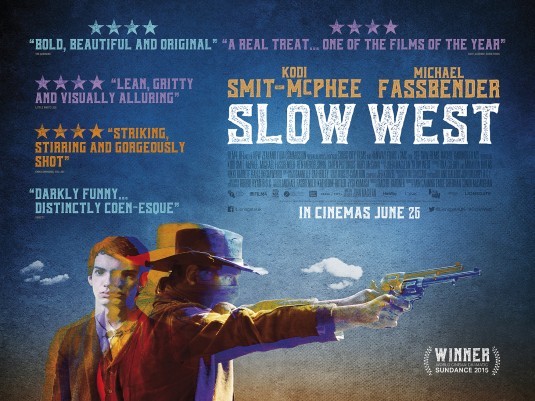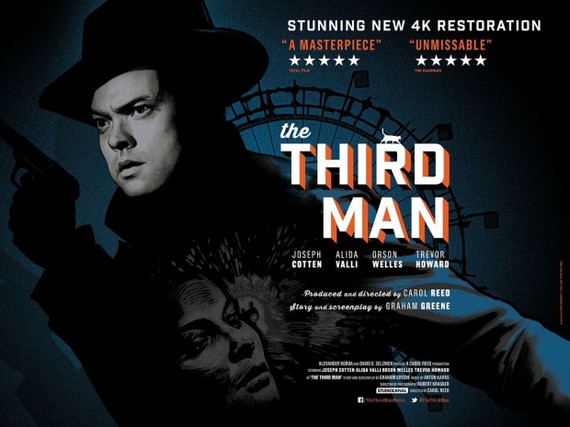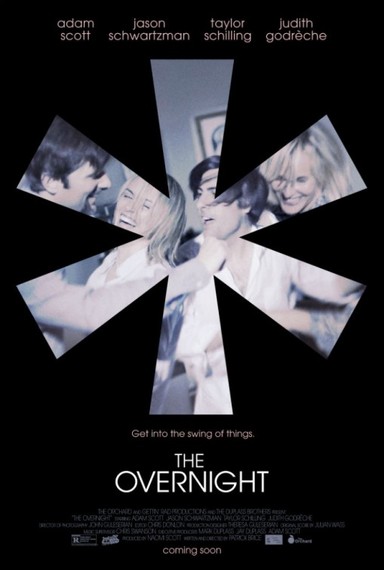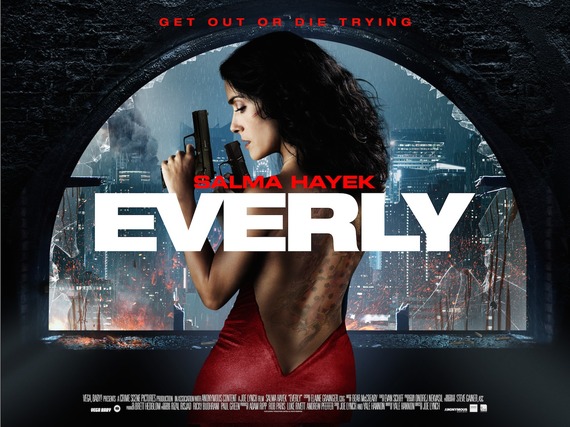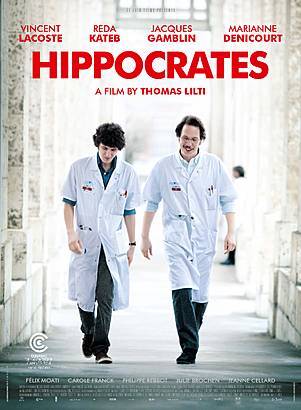When recounting their experience, anyone who has ever had the pleasure of interviewing Sir Paul McCartney will reveal the one agonising thought that whirled through their mind as they began their preparations: where do I start?
The life and career of a musician so vital that he stands as a pillar in the foundations of rock and roll is naturally so expansive, so prolific and so unique that finding one point in thousands from which to launch a line of questioning can drive you crazy. Of course, that's only half the battle: once you've found your flow, and the research throws up an endless list of questions, where do you stop?
For his 2007 cover story with
Clash Magazine, I arrived at my first interview with Paul clutching six sheets of A4 paper and enough questions to fill both sides of each (and that was after some furious self-editing), eager to satisfy a lifetime's curiosity, and squeeze into our conversation and the allotted time the kind of answers any superfan - like myself - would cherish, because who knew if or when this opportunity would ever arise again. We'd begin, of course, by talking about his new album, '
Memory Almost Full', but from there, our direction was unmapped and the landscape vast.
We all want to learn more about The Beatles - their recordings, travels and relationships - so I'd have to uncover new revelations there, and oh, maybe some personal pre-Beatle memories. Then there are the solo years: Wings, his classical work, the electronic adventuring of The Fireman, his humanitarian efforts, the constant pursuit of innovation...
I managed some of those, but the depths and intricacies of what makes Paul McCartney: Musical Genius is unfathomable in an hour's interrogation. Fortunately, I made enough of an impression to repeat this feat numerous times since, and, like a roving tourist making return visits to a favourite city, have ticked off a couple more landmarks with each session. Paul is open, honest, charming to a fault, and, like his timeless songs, effortlessly engaging, therefore it's easy to get lost in conversation - and we frequently did - but it's in those spontaneous moments of thought that the real McCartney emerges; after more than 50 years of interviews, he's still enthused and stimulated by imaginative queries that recall almost-forgotten memories - even though some oft-told tales still slip through the net (not that we mind hearing them again)!
Those upturned stones thrill generations who continue to be captivated by the ever-increasing body of work McCartney has amassed. Quotes are scrutinised, analysed, broadcast and shared - Beatlemania is alive and well and thriving in every corner of the globe. Paul's reception upon arriving in Japan for the Asian leg of his Out There tour in April 2015 was a testament to his enduring popularity - hordes of fans scrambling to see their hero as he negotiated the packed airport terminal. This is not an Internet phenomenon, this is not a reality show 'celebrity', this is not a fleeting fad who's making hay while the sun shines: this is a bona fide musical icon, who has blessed us mere mortals with hours upon hours of enrichment, enjoyment, and abiding memories, who has dedicated his life to developing his passions and standing by what he believes in, and for that we should forever be grateful.
Paul - along with John, George and Ringo - opened new doors of creativity and imagination, pioneering distinctive new methods of composition and recording that would prove immeasurably influential upon all musicians that followed. My favourite insights gleamed from Paul are those that lift the lid a little more on those incredible days spent ensconced in Abbey Road's Studio Two, where playful decisions and impulsive explorations fused and produced individual pieces of magic, or going even further back to those initial flashes of inspiration that laid the groundwork of their now-famous songs.
For example, in a 2009 interview, around the time that the interactive computer game Rock Band: The Beatles launched, I asked Paul about the genesis of '
Eleanor Rigby'. Considering the song used no traditional rock instruments, I wondered whether that was his original design - his enlightening response depicted a cooperative and inventive creative process.
"What had happened was, with '
Yesterday', George Martin suggested putting the string quartet on it and I'd kind of resisted his suggestion, but he very cleverly or astutely said, 'Let's try it. I've got a feeling it will work, and if you don't like it we can take it off' - cos I'd recorded it just as a solo thing; all the guys in the band had said, 'Well, we can't put drums or guitars or anything on it - why don't you just do it on your own?' So, I just did it on my own with George Martin and the quartet thing, and when we did that I liked it; I thought it worked.
So, with '
Eleanor', I wrote it just on my guitar, then took it to John [Lennon] to finish it, and then brought it to George Martin and said, 'I think this is another one we could do the string thing on', but I wouldn't want to do the same thing, so this time instead of there being four string instruments - a string quartet - I think this was like an octet - we might have even doubled that up to a sixteen-tet, whatever that's called; a decasextet? But anyway, so that was it, and I just then went round to George (Martin's) house as I always did, sat with him, showed him the song, showed him the chords, and showed him what I wanted. What I was interested in, which was basically the brief, was that I said that I was interested in Bach, because that was who we were all looking at in the classical world. Bach was so mathematical and I liked this idea that you could have one instrument going, 'One, two, three, four', and then you have another instrument going, [double time] 'One, two, three four', and another instrument going, [doubled again] 'One, two, three, four, one, two, three, four', so you could add twos and fours and eighths, and that happens a lot in Bach. So we worked it out, and then George made the arrangement from our session, which is pretty much how we always used to do it.
I think in a way, for instance something like '
I Am The Walrus', someone like John probably doesn't get enough credit, because those sessions, those preparatory sessions, were very important because they set the style and often gave very accurate briefs of what we wanted. For instance, all of John's "Everybody's got one" and "Ho ho ho, hee hee hee, ha ha ha" [from '
I Am The Walrus'], all that stuff was from John at a session with George Martin, a preparation session. We'd be around at John's house or George's house, and he'd say, 'I want to go, 'Ha ha ha''. So, George would write all that in the score, and John would sort of say, 'Well, it could go like that or like that', but we couldn't write so we needed George to translate our thoughts.
That was how it worked, and '
Eleanor Rigby' came about that way - it was going to be another classical foray, but different from '
Yesterday'. So, in the end there was enough in the strings not to need me to put my guitar in."
He helped write the rock and roll rulebook, and revolutionised studio techniques and experiments in music, drawing the template for what every good musician should aspire to. But what's the point? If The Beatles pushed the boundaries of fantasy and artistry to their extremes, are there any limits left for anyone else to probe?
"There's always somewhere left to go," he once told me. "You've got the people who give homage, heirs to The Beatles - bands - and then you've got people who throw that over and have got a different thing going. So I don't think that we've cleared the pitch for anyone wanting to do something new, it's just they've got to find it, that's all. We found it, now they've got to find it. And hey, with my new album I've got to find it too," he added, humbly demonstrating that enduring fire that burns inside him. "It's the same deal for everyone. But that's the fun, that's the excitement; you've got to find it. You can't just sit around waiting for it to come to you. If you're a player you've got to find something that's cool. It's all there; it's just down to finding it."
www.nordoff-robbins.org.uk
www.facebook.com/NordoffRobbins.MusicTransformingLives
@NordoffRobbins1
The O2 Silver Clef Lunch, is to be held on 3 July at the Grosvenor House Hotel, Park Lane -- This feed and its contents are the property of The Huffington Post, and use is subject to our terms. It may be used for personal consumption, but may not be distributed on a website.
















